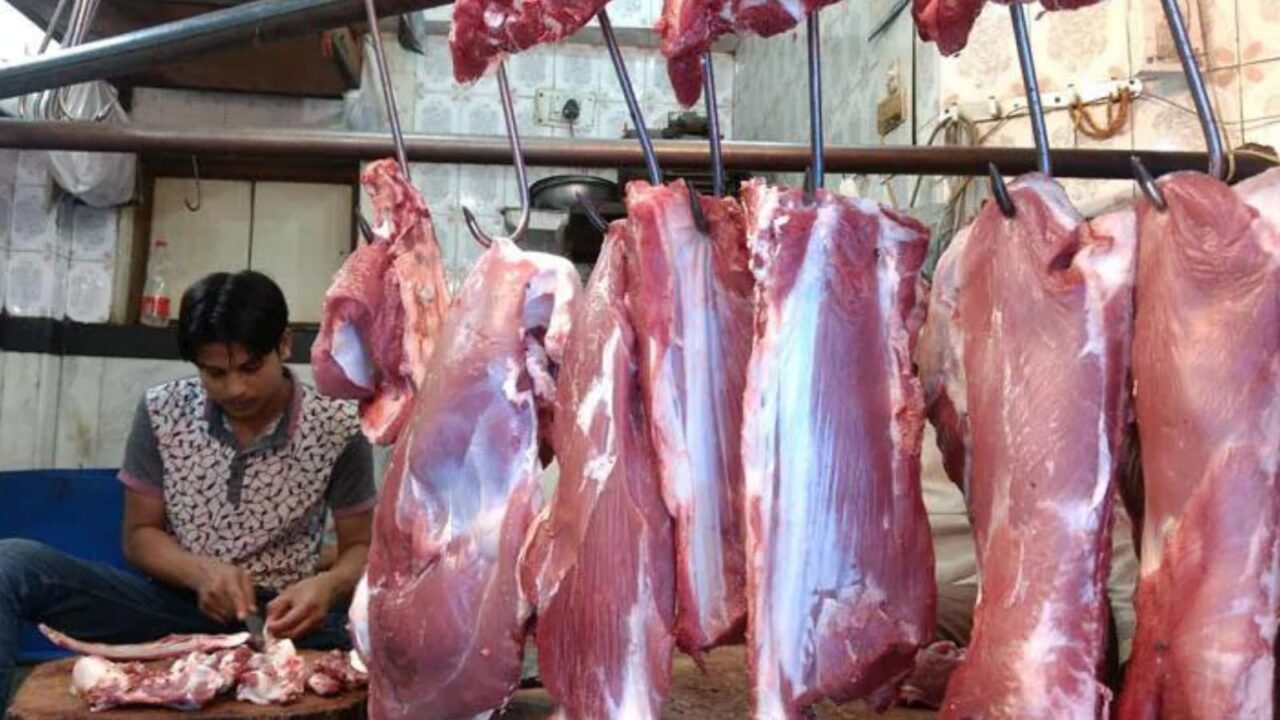Patel Dharmeshbhai Naranbhai v. Dharmendrabhai Pravinbhai Fofani.
Date : 11/04/2023
CIVIL APPLICATION NO. 10 of 2023 In R/WRIT PETITION (PIL) NO. 133 of 2021
Presided by: HONOURABLE MR. JUSTICE N.V.ANJARIA and
HONOURABLE MR. JUSTICE NIRAL R. MEHTA
Facts
In light of various writ petitions filed before the Supreme Court relating to illegal slaughter houses, their impact on the animals, public health and environment and for enforcement of various laws including food safety and standards laws, closure of illegal slaughter houses operating in contravention of the statutory provisions, the animal transport norms and for formation of State Level Committees to oversee the implementation of these and related laws, the Supreme Court passed various orders in the public interest litigation, and issued directions to Central Pollution Control Board to initiate action against all slaughter houses which are not meeting with the norms and complying with the abattoir rules.
According to the Supreme Court’s directives, unstamped meat stores and establishments that sold or slaughtered it without a licence were subject to closure by the authorities on the grounds that they were run in violation of numerous legal requirements. In light of the aforementioned facts, applications were submitted to the court asking for a ruling authorising the reopening of chicken meat markets in Surat.
Issue
Whether the closing of meat markets violates Article 19(1)(g) of the Constitution and amounts to a restriction on the freedom to free trade?
Judgement
The Court cited the provisions of the Food Safety & Standards Act, 2006, and the Food Safety and Standards (Food Products Standards and Food Additives) Regulations, 2011 (the “Food Act”), stating that meat is one of the foods covered by the Act and that “Meat and Meat Products” are the subject of Regulation 2.5 of the Food Safety and Standards Regulations, 2011. The rules stipulate that food business owners who manufacture, process, store, and sell meat and meat products must adhere to particular hygienic and sanitary procedures. Before being granted a licence to operate, the abattoir must first get a No Objection Certificate (‘NOC’) from the local authority.
According to the court, the applicants’ shops were shut down because they didn’t follow the rules of the applicable legislation, and permission to reopen the meat shops couldn’t be given because the shop owners continued to break the rules. The Court further stated that any basic right under Article 19(1) is subject to the reasonable limitations set forth in Subparagraphs (2) through (6). According to the statement, the provisions of the Food Act apply to the meat industry and meat shops. The regulatory and hygienic measures included in the said act for meat shops and slaughterhouses shall function as reasonable limitations on the freedom of the vendors of meat and slaughterhouse owners to conduct business.
The Court said that the freedom to trade or right to do business have to yield the public health norms and the restrictive compulsions needed to be enforced in larger public good. The right to free trade in food items like meat, or any such food must be sub-serving to public health and food safety requirements….
The Court also made reference to the consumer’s right to food safety, stating that this right is compatible with Article 21 of the Constitution just as the right to food is. The Court further declared that the State authorities must fulfil their commitment to assure such safe food by putting the food safety standards and other regulatory measures outlined in the various statutes into practise and enforcement. Therefore, it would be difficult to allow all the meat markets and slaughterhouses that have been shut down by the authorities due to their failure to adhere to the licencing and regulatory standards, food and safety requirements, and pollution control requirements to reopen on large grounds.
Thus, the Court dismissed the applications and observed that meat shop owners, meat vendors or slaughter house owners ensuring the compliance of regulatory norms should be permitted to reopen their shops and establishments and run their business….
JUDGEMENT REVIEWED BY AMIT ARAVIND
“PRIME LEGAL is a full-service law firm that has won a National Award and has more than 20 years of experience in an array of sectors and practice areas. Prime legal fall into a category of best law firm, best lawyer, best family lawyer, best divorce lawyer, best divorce law firm, best criminal lawyer, best criminal law firm, best consumer lawyer, best civil lawyer.”


